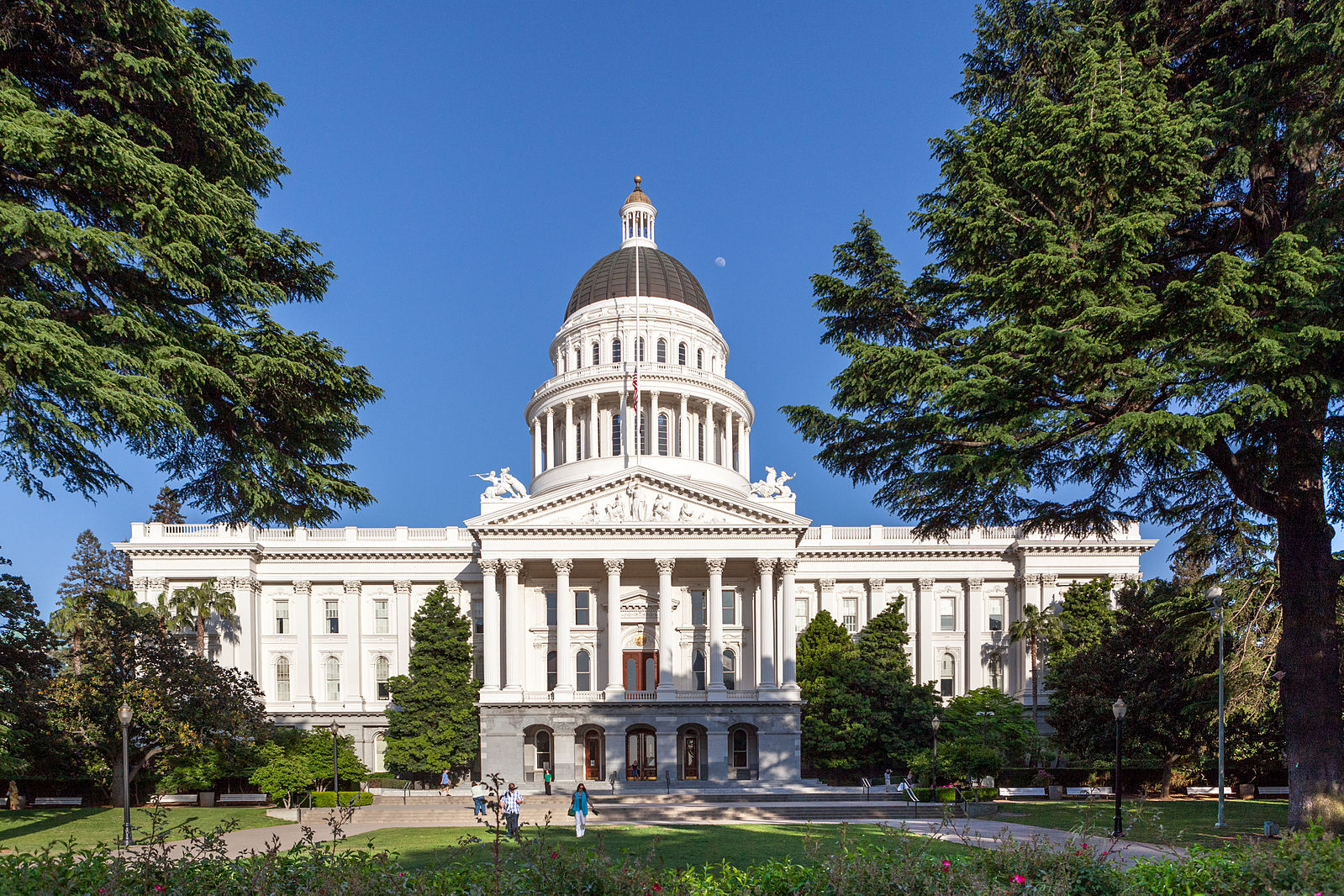California’s Senate Bill 50 (SB 50), an upzoning effort to address California’s housing crisis, faces a critical vote.
The debate over one of the most controversial pieces of housing legislation in recent California memory has ramped back up in the past few weeks. Senate Bill 50 (SB 50) now faces a key deadline, as the legislation must pass a State Senate vote by January 31. If the proposed bill survives the vote, it will then move to the State Assembly, where it will need to be approved by the end of August.
On Wednesday, the bill fell three votes short of passing the State Senate. State Senators voted 18 to 15 in favor of the bill, but 21 votes are required for the bill to pass through the Senate and on to the Assembly. However, the bill was granted “reconsideration,” meaning that California lawmakers could vote on the bill again today. Wiener vowed to bring the bill back for another vote today – “we’re going to do everything in our power to pass SB 50 tomorrow.”
As described in our previous post, SB 50 would allow fourplexes in most of the single-family areas across California, as well as taller, denser apartment complexes adjacent to transit stops and job centers. Earlier this month, Senator Scott Weiner (D-San Francisco), the bill’s author, made several changes to the bill, intended to address various concerns voiced by the bill’s opponents.
According to the revised bill, most cities and counties would now have two years to generate their own plans to spur development in their respective communities before state-mandated measures to increase housing density would be implemented. However, in some of California’s smaller counties, including Santa Barbara, Sonoma, and Marin (and certain neighborhoods deemed at risk of gentrification), the increased building heights and densities would only be imposed upon cities after five years, rather than two. These changes were aimed to quell the concerns of localities, which felt that they would not have a say in the development of their own communities. Weiner noted that local government officials “want to be able to have some flexibility to increase the density in their community in their own way.”
Other provisions in the current iteration of SB 50 would mandate that projects larger than ten units contribute either funding or space for low-income housing. Low-income residents living in areas that experience new housing projects built pursuant to SB 50 would also receive a preference to move into such new units.
In spite of these changes, SB 50 continued to face strong criticism from opponents, including tenants’ rights advocates who are skeptical of the impact that the bill would have on affordable housing. Lawmakers in both San Francisco and Los Angeles have previously voted to oppose the bill, while California’s Governor Gavin Newsom has expressed general support for some type of legislation to address California’s housing and homelessness crisis.
Wiener’s attempt to revamp California’s zoning rules has been a multi-year effort, and can be traced back to 2018, when Wiener introduced SB 827, a bill which died in its first committee hearing. Then, in 2019 SB 50 cleared its first two committee hearings, only to be stalled until this week. Wednesday’s vote may now have been the fatal blow to SB 50, unless Wiener is able to convince at least 3 Senators to change their mind.




